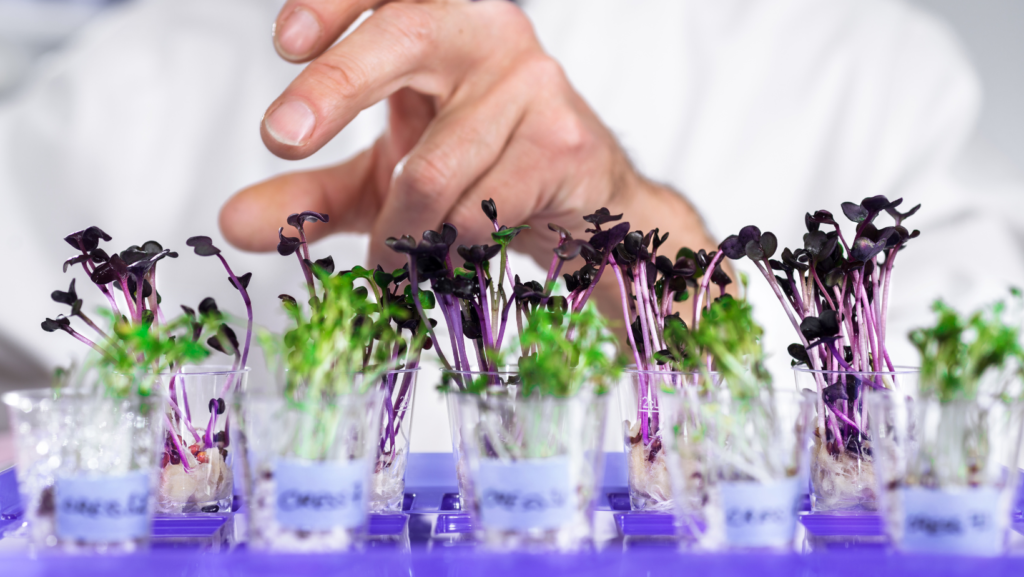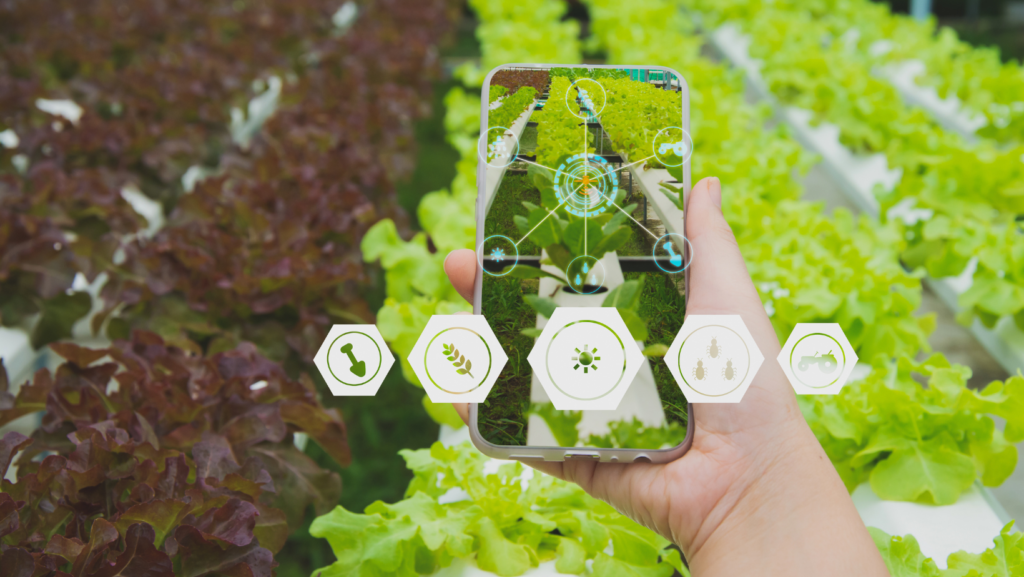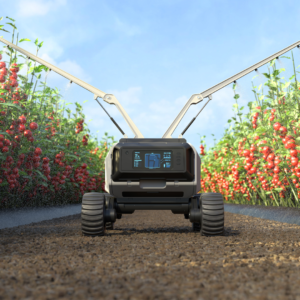Feeding the Future: AgTech’s Answer
The recent AgTech conference hosted by gener8tor we had the privilege to attend served as a beacon of hope amid the challenges facing the agriculture industry today. With a spotlight on Climate Change, Labor Supply, and Economic Uncertainty, the event underscored the urgency of embracing foodtech innovations. In this blog post, we delve into the key takeaways from the conference and explore how these innovations can address our industry’s most pressing issues.

Challenges in Ag: The AgTech Conference highlighted several critical challenges that demand innovative solutions:
Labor Issues: The agriculture sector grapples with an acute shortage of skilled labor. Technology-driven solutions, from automated harvesting systems to smart labor management tools, promise to alleviate this issue and optimize workforce efficiency.
Economic Uncertainty: The prevailing economic uncertainty further complicates matters for farmers and producers. Embracing foodtech innovations can empower them to navigate fluctuating markets and make informed decisions that safeguard their businesses’ viability.
Sustainable Food Production: The growing global population necessitates a shift towards sustainable food production. Foodtech innovations can drive precision agriculture, minimizing resource wastage and maximizing crop yield to feed more people, more sustainably.
Climate Change: Unpredictable weather patterns pose a significant challenge to agriculture. Through the integration of data-driven insights and advanced predictive technologies, farmers can adapt to changing climates and mitigate the impact of adverse conditions.
Embracing Technology and Local Processors: In the face of these challenges, embracing technology emerges as a pivotal strategy. Leveraging cutting-edge tools, local processors can streamline operations, enhance productivity, and contribute to the economic growth of their communities.
Opportunities in the Ag Sector: The AgTech conference also illuminated promising opportunities that lie ahead:

Resilient Supply Chains: Foodtech innovations enhance supply chain resilience by providing real-time monitoring, traceability, and predictive analytics. This ensures a consistent flow of products to consumers, even in the face of disruptions.
Global Export: Innovation in agriculture extends its arms globally. Foodtech-driven advancements can open doors to international markets, enabling farmers and producers to access new consumer bases and diversify revenue streams.
Manufacturing Readiness Grants: Initiatives like manufacturing readiness grants catalyze the adoption of transformative technologies. By offering financial support, these grants empower stakeholders to integrate foodtech innovations into their operations.
External Innovation and Social Capital: Collaborations with external partners and the infusion of social capital have the potential to drive remarkable innovation. By fostering an ecosystem of knowledge exchange, the agriculture sector can accelerate growth and progress.

The Future of Agriculture: Envisioning the future of agriculture, the conference highlighted key focal points:
Changing Social Dynamics: The industry is witnessing a shift towards more socially conscious practices. Sustainability and community engagement are becoming central, thanks to the influence of foodtech innovations.
Advancing Production Agriculture: Improving production agriculture readiness is imperative. Innovations in mechanization, automation, and data analytics can transform traditional farming practices into precision-driven operations.
Sustainability and Environment: Foodtech innovations enable agriculture to embrace sustainability and environmental stewardship. Cleaner and greener practices, guided by technology, are essential for the industry’s long-term health.
Communication and Adaptation: Effectively communicating innovative practices to farmers and producers is crucial. Empowering them to adapt to new technologies not only improves the quality of their produce but also promotes healthier food choices among consumers.
In conclusion, the AgTech conference offered a comprehensive view of the challenges, opportunities, and future trends in agriculture. The transformative potential of foodtech innovations cannot be overstated. As we navigate labor shortages, economic fluctuations, and climate change, it is clear that allocating more capital to food and ag innovation is an investment in a more sustainable, efficient, and resilient agriculture industry. By embracing innovative technology, fostering collaborations, and preparing for a cleaner, greener future, we can pave the way for a thriving agricultural landscape that nourishes both people and the planet.
